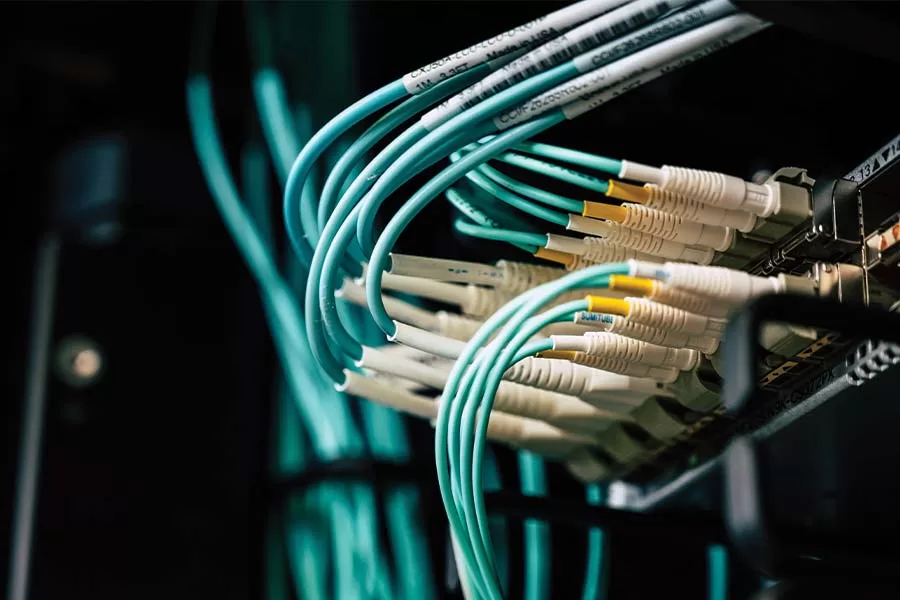Everyone’s thinking about their network security these days, and rightly so. Businesses of all sizes are increasingly more at risk of cyberattacks and consequential data loss. So having optimum cyber security is essential. Smaller businesses are becoming more heavily reliant on technology to run, and we know that things can look a little daunting at first. We’re here to guide you through the process and make sure that your network is as secure as it can be.
The Importance of Network Security
Network security encompasses a range of practices and technologies designed to protect a business’s network infrastructure from unauthorised access, data breaches, and cyberattacks. With sensitive customer data, proprietary information, and financial records at stake, you cannot afford to underestimate the importance of robust network security.
Balancing Growth and Security
While technology offers tremendous opportunities for business expansions, it also exposes your business to an array of cyber threats. It is important to balance your business need for additional technology alongside the IT expertise you have available. If upgrading improperly, it’s likely you’ll open up your system to an array of cyberattacks – one step forward two steps back if you will.
Elements Involved in Network Security
Lots of elements go into Network security, and though many may not be “essential” it’s recommended to have all covered in case you should face a cyberattack. We’ve put together a list of all the network security measures you should have in place to best protect your business.
Access Control
Ensures that only authorised users can access the network resources by requiring valid credentials.
Firewalls
Firewalls act as barriers between trusted internal networks and untrusted external networks, controlling incoming and outgoing network traffic.
Virtual Private Networks (VPNs)
Establishes secure connections over untrusted networks by encrypting data transmissions.
Data Encryption
Encrypts data during transmission to prevent unauthorised interception and decryption.
Network Monitoring
Monitors network traffic, logs events, and analyses patterns to detect anomalies and potential threats.
Security Auditing and Vulnerability Assessment
Evaluates network components for vulnerabilities and weaknesses that could be exploited by cyber attackers.
Wireless Network Security
Secures wireless communications by using encryption protocols like WPA3 to prevent eavesdropping.
Security Policies and User Awareness
Defines guidelines and rules for employees’ use of network resources, including password policies and acceptable use policies.
Disaster Recovery and Business Continuity Planning
Regularly backs up data to ensure its availability in case of data loss or cyber incidents.
Cloud Security
Ensures that data stored and processed in cloud services are protected from unauthorised access.
Outsourcing IT Solutions
Now, we appreciate that this is a lot for a small business to manage without a dedicated IT department carrying out all the necessary daily checks and updates. This is why we recommend to outsource your IT services.
It’s not just about securing your digital assets – its about doing so in a way that benefits you financially. Using an outsourced IT solutions provider to help manage your Network security can save you from the hefty fees if something should go wrong whilst you avoid having to hire and train a dedicated member of staff.
Find out how Novo IT can help manage your network security, helping your business grow


Comments are closed